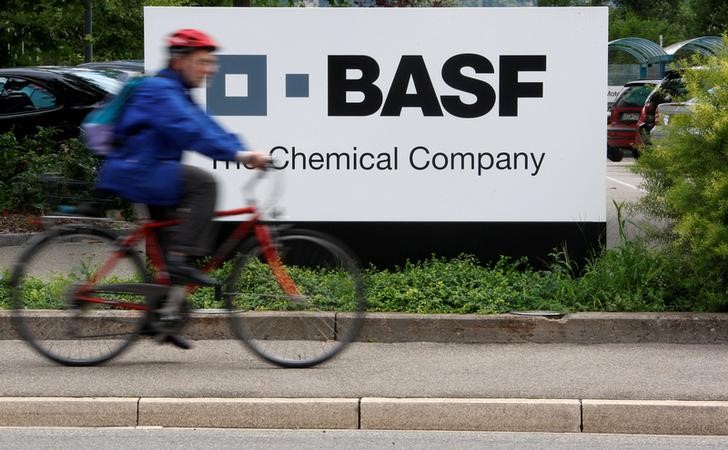
Investing.com — Shares of Carl Zeiss Meditec AG fell by 7% on Wednesday after the company reported mixed full-year results for FY2023/24 and issued guidance for FY2024/25 that fell short of market expectations.
While profitability metrics were stronger than anticipated, concerns about ongoing challenges in key markets, particularly China, and the company’s muted outlook for margin improvement drove investor unease.
In its FY2023/24 results, Carl Zeiss Meditec highlighted a notable discrepancy between adjusted and reported EBIT for Q4.
The company attributed the weaker reported EBIT of €32 million—substantially below the consensus estimate of €65 million—to a one-off €50 million purchase price allocation (PPA) impact related to its DORC acquisition. Adjusted EBIT, however, was in line with expectations.
The company’s guidance for FY2024/25 projects “moderate growth” in revenue and a stable or higher EBITA margin compared to the 12% base in FY2023/24.
However, analysts at RBC Capital Markets and Stifel highlighted that the outlook implies EBITA of approximately €270-€280 million, falling roughly 15% short of consensus estimates and reflecting no sequential margin improvement.
The lack of margin leverage, combined with the ongoing headwinds in key markets, cast a shadow over Carl Zeiss Meditec’s near-term growth prospects.
Stifel analysts pointed to continued deterioration in China’s refractive business as a major drag on performance. Demand for refractive consumables and LASIK/SMILE procedures appears to have declined sharply, with some estimates suggesting double-digit decreases in China’s refractive volumes.
The broader Asia-Pacific region was also a weak spot, with organic growth in ophthalmology devices down 4.5% for the year, exacerbated by pricing pressures and destocking in China.
Meanwhile, the company’s microsurgery division struggled with a 5.6% decline in organic growth, driven by weaker capital equipment investment in North America due to higher financing costs.
For FY2023/24, group revenues fell 0.7% short of consensus, with weaker performance in both core divisions. Adjusted EBIT was 8.9% ahead of expectations, but the reported EBIT figure for Q4 underscored the impact of one-off adjustments.
Analysts noted that while DORC’s contribution of €100 million aligned with expectations, the larger-than-anticipated PPA-related hit, which also included some impairment charges, widened the gap between reported and adjusted figures.
Geographically, performance was mixed. While Europe, the Middle East, and Africa delivered double-digit growth and APAC (excluding China) showed positive momentum, the Americas and China dragged on overall results.
U.S. microsurgery faced weaker demand due to economic factors, and the Chinese refractive market remained under significant pressure.
Despite some bright spots, such as the upcoming product launches of the Kinevo 900 S and VisuMax 800, which offer long-term growth potential, analysts believe these positives are insufficient to offset the near-term challenges.
Stifel analysts emphasized the importance of management’s commentary during the upcoming earnings call and Capital Markets Day to provide further clarity, particularly on the EBITA guidance and the outlook for key markets like China.
Analysts at Stifel noted that the low guidance bar likely already incorporates substantial further margin deterioration in refractive markets, particularly in APAC.












